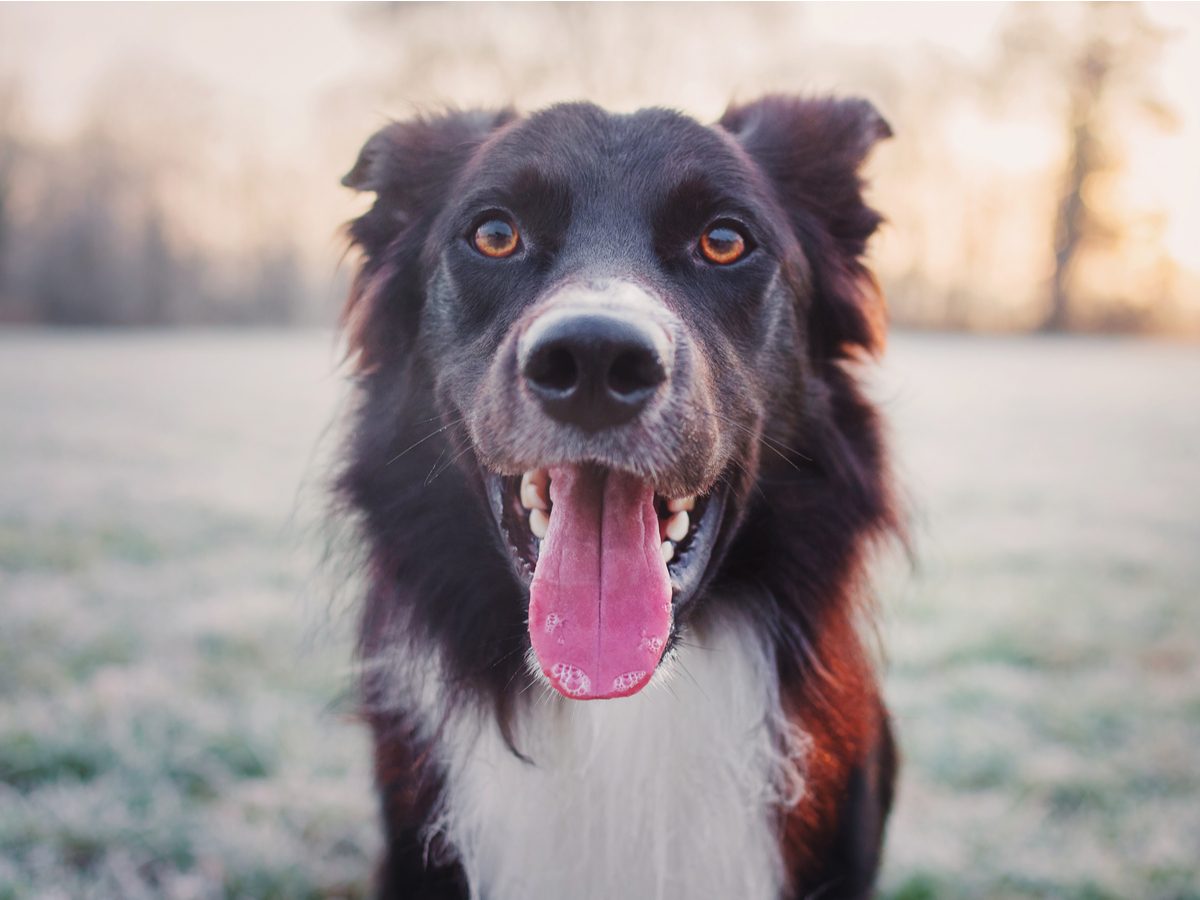
Adoption is a long-term commitment
Thanks to better health care and diets, the lifespan of dogs has doubled in the past four decades to an average of 12 years, while domestic cats now live to about 15 years, compared to nine in 1995.

It’s not cheap, either
Including high quality food, routine vet visits and pet insurance, it costs a national average of $42,000 to own a dog for 12 years, and $35,000 for a cat that lives to 15.
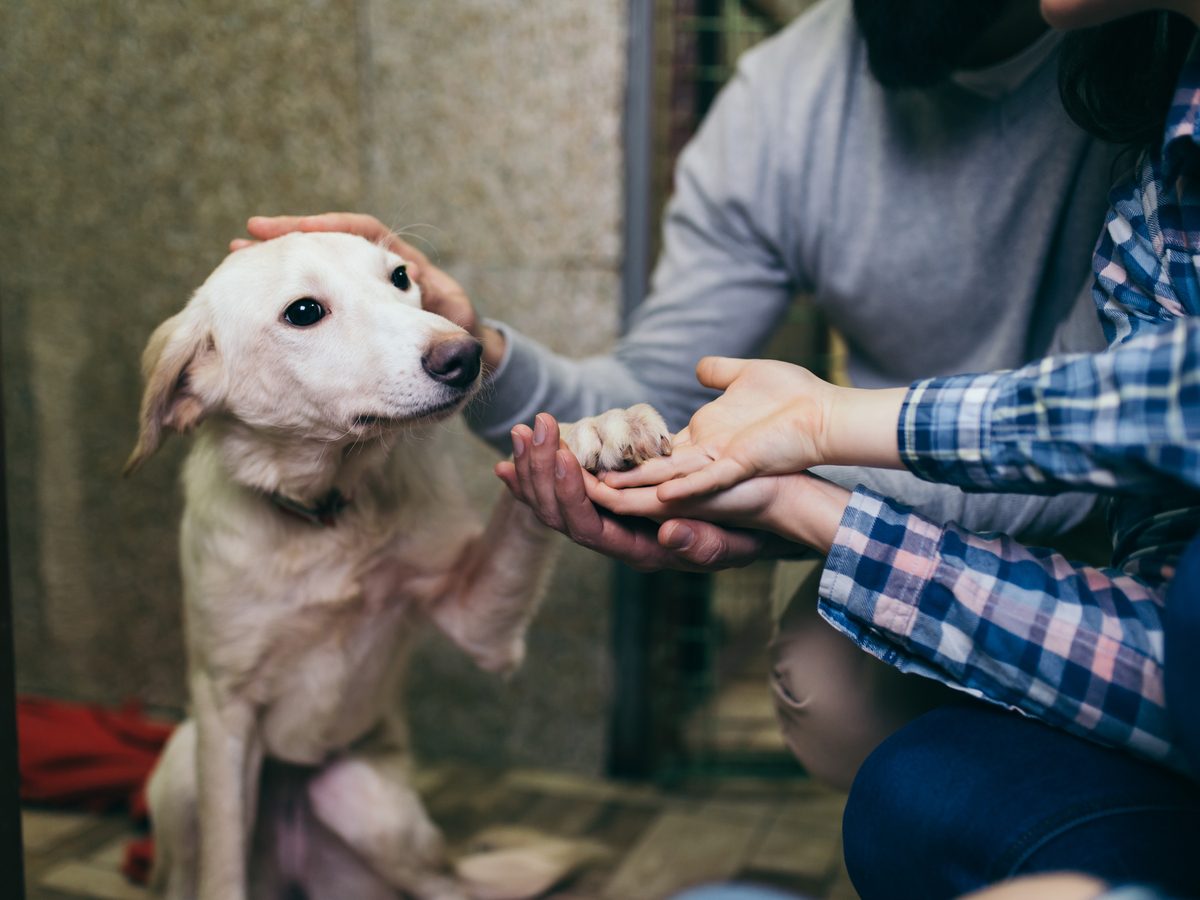
You may be saving a life
When you adopt from a shelter or rescue group, you’re not only gaining a beloved friend, you may be saving a life—some shelters have seen increases this year of between 20 and 60 per cent in fostering and adoptions.

Adopting from a shelter is often more cost-effective than a “free” kitten or puppy
“Our fees include spay or neuter surgery, vaccines, deworming, microchipping and six weeks of pet insurance,” says Jennifer Finnegan, support services manager at the Calgary Humane Society.
Here are the cat breeds with the friendliest personalities.
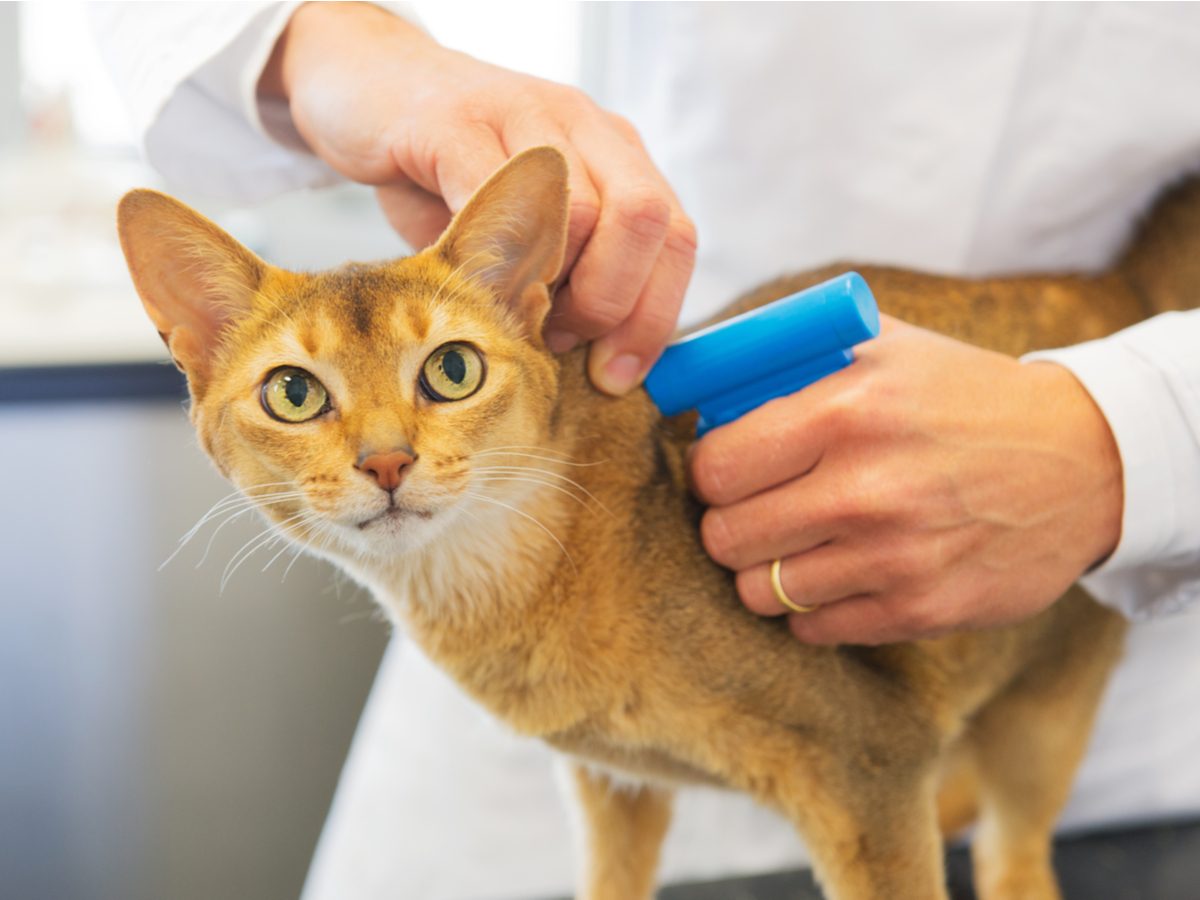
Microchipping is a worthy investment
In case your pet ever gets lost, a tiny chip the size of a grain of rice is implanted under the skin. Shelters and vet clinics scan the chip and access your contact information through the manufacturer’s registry.
Here are the secrets your cat’s tail is trying to tell you.

Pets and allergies can mix, under the right circumstances
“The benefit of having a pet can outweigh the risk of mild symptoms,” says Kitchener, Ont., allergist Dr. Harold Kim. “Allergy shots do work in about 70 per cent of patients, but they are a large time commitment, and there is a risk of reaction.”
Beware of these signs you need to switch veterinarians.
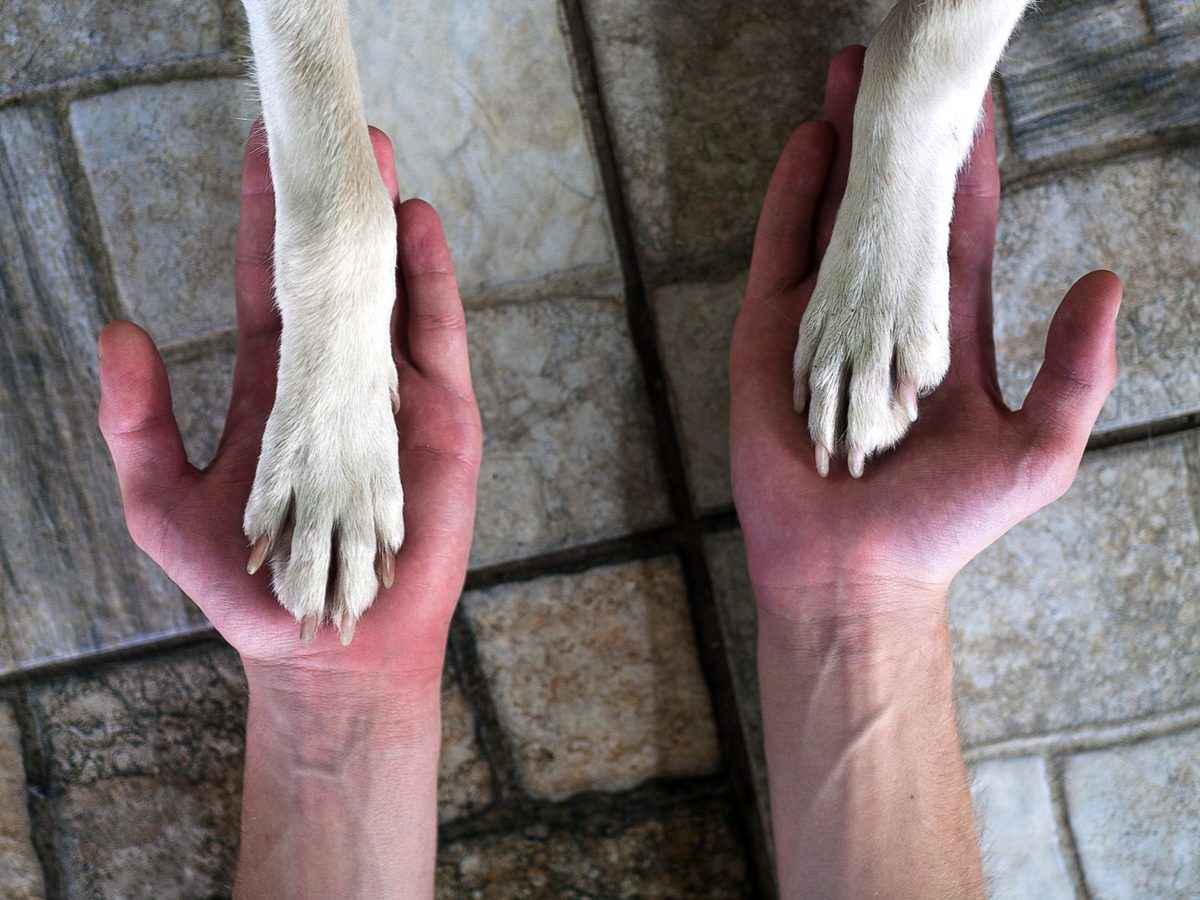
Don’t take it too personally if a shelter turns you down
“We’ll take into account an animal’s known history,” says Finnegan. “If they were fearful or aggressive with kids, we’d place them in an adult-only home.”

Training should start as early as possible
Veterinarians recommend puppy socialization classes starting as early as seven weeks of age—even before vaccinations are complete. The first three months are the crucial window for teaching dogs to accept new people, animals and places.
These are the most affectionate dog breeds.

Senior pets may be perfect for you
A senior pet—over age seven—can take twice as long to get adopted as a pup or kitten, but might just be the right companion if you enjoy life in the slow lane. “Their personalities are already developed, and they just want to relax with you,” says Finnegan.

A large dog may not need as much space as you think
Breeds like greyhounds, mastiffs and Great Danes can be happy in a small apartment as long as they get regular outdoor walks.
Learn about the other breeds that make the best apartment dogs.

Have no fear of anxious pets
To help an anxious pet integrate into your family, place them in a small room and keep their first few days at home calm and low key. “Give the animal space to make the choice whether to come to you or not,” Finnegan says.
Discover the dog breed that’s most compatible with your zodiac sign.
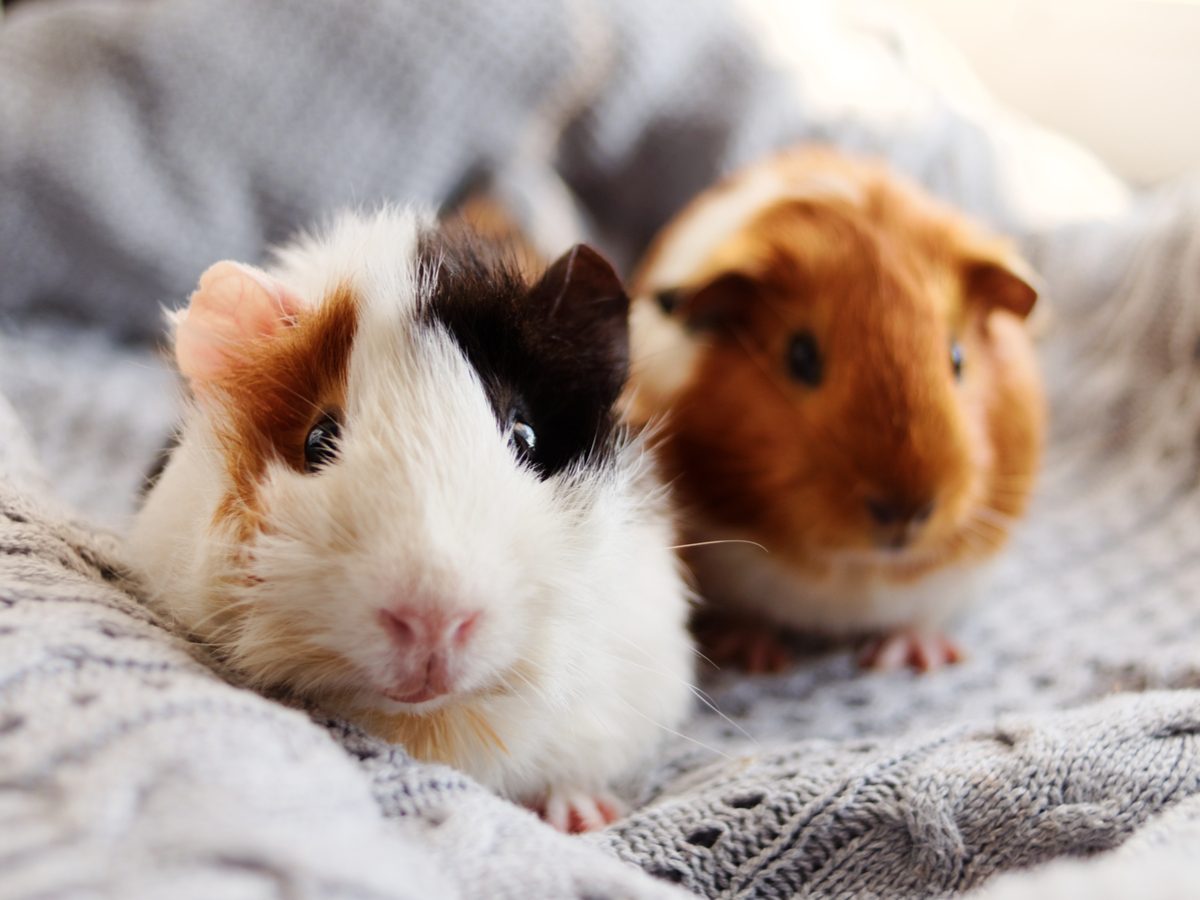
One is the loneliest number
This is especially true for some pets—kittens do best in pairs, while other small critters like guinea pigs, rabbits, rats and mice can get depressed without a buddy.
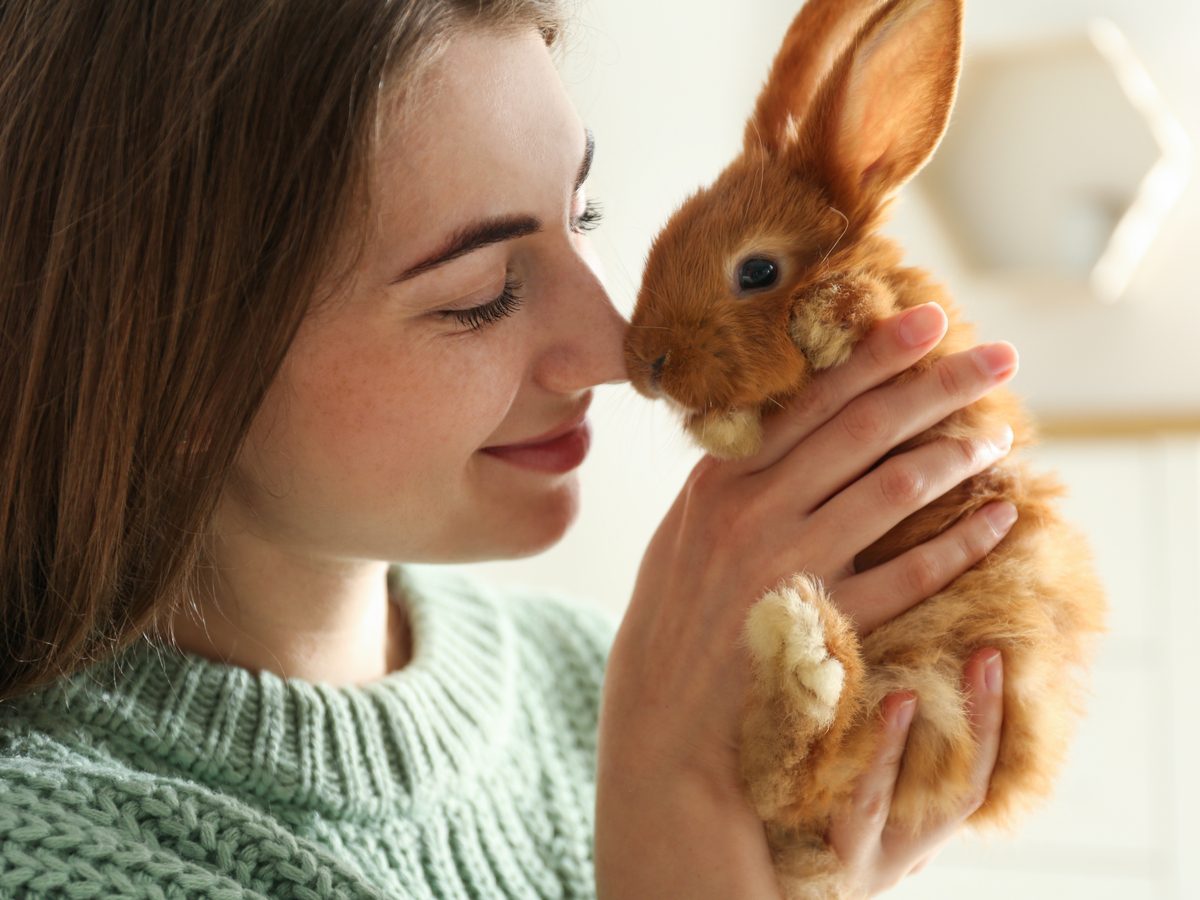
Feelings of regret after adopting a pet are common
“It’s called adopter’s anxiety and it’s completely normal,” says Finnegan. “It can take up to a few weeks to a few months for everyone to adjust.”
Next, discover the most popular dog breeds in Canada!